In the United States, strokes are the fifth leading cause of disability and death. A stroke can occur when there is a blockage in the blood vessel that carries oxygen to the brain. It can also occur after the rupture of a blood vessel. In either instance, the brain doesn’t get the oxygen it needs; the result is that brain cells begin to die. Strokes are serious medical emergencies. The sooner a person receives treatment, the better. In fact, early medical treatment may even reverse some of the damage caused by the stroke. Here, we’ll explore strokes in detail, including their warning signs and treatments.
What Are the Different Types of Strokes?
Not everyone realizes that there are different types of strokes. It’s important for doctors to classify them so they understand what caused them and how to treat them. The types of strokes include:
Ischemic Stroke
An ischemic stroke is the most common type of stroke that affects people; in fact, more than 80% of strokes are ischemic strokes. These are caused when a blood clot obstructs the blood vessel. The cardiovascular condition known as atherosclerosis is the leading cause of ischemic strokes. In this condition, plaque develops in the blood vessel, causing it to narrow. The blood vessel can narrow to the extent that it can’t allow the clot to pass. Clots often form because of irregular heartbeat, but there are many risk factors for clot development, including:
-
Peripheral artery disease
-
Atherosclerosis
-
Deep vein thrombosis
-
Prolonged sitting or resting in bed
-
Recent surgery
-
Recent injury
-
Diabetes
-
Obstructive sleep apnea
-
High cholesterol
-
Obesity
-
Heavy drinking / binge drinking
-
Smoking
These are just a few blood clot risk factors. Because they can cause blood clots to develop, they are also stroke risk factors. Some people are genetically predisposed to blood clot development.
Hemorrhagic Stroke
A hemorrhagic stroke occurs when a blood vessel ruptures. Often, the blood vessel is in a weakened state when the rupture occurs. When the blood vessel ruptures, it bleeds into the brain, causing damage to brain tissue.
Transient Ischemic Stroke
A transient ischemic stroke is caused by a temporary blood clot. Referred to as ‘mini strokes’, these strokes should be taken as warning signs that more serious strokes may occur.
Cryptogenic Stroke
In some cases, medical providers can’t determine what has caused the stroke. These strokes are referred to as cryptogenic strokes. Naturally, medical providers will test as it’s extremely important to understand the cause of the stroke so that the patient can receive the right type of care. Sometimes these strokes are caused by a heart malformation. In some cases, these strokes are isolated events; however, they can reoccur. If the cause of the stroke cannot be determined, doctors will still formulate a careful plan to reduce the patient’s risk factors for another stroke.
Brain Stem Stroke
A brain stem stroke is one that occurs in the brain stem. While most strokes affect one side of the brain, a brain stroke event will affect both, often leaving the individual in what is called a ‘locked-in’ state.
What Are the Warning Signs of Strokes?
Strokes are often referred to as ‘silent’ because they have few warning signs. However, there are some signs that should not be ignored if an individual experiences them. These warning signs may include:
-
Sudden vision problems. The individual may have difficulty seeing out of one or both eyes.
-
Sudden confusion
-
Difficulty speaking
-
Feeling numbness in a limb or the face, especially on one side of the body
-
Dizziness
-
Difficulty walking
-
Loss of coordination
-
Severe headache without a known cause
These symptoms can indicate that a stroke has occurred. Some people also experience nausea or vomiting because of the vertigo or other symptoms caused by the stroke. Remember that a stroke is a medical emergency. It’s crucial to seek emergency medical treatment right away if a stroke is suspected. Prompt treatment can reduce damage to the brain.
How Is a Stroke Treated?
The treatment of a stroke depends on what caused it. For instance, in rare cases, a stroke might be caused by a hole in the heart. In these cases, physicians might recommend an intervention for closing the hole. They might advise a procedure known as PFO to insert a small disc into the hole to close it or recommend open heart surgery to stitch the hole.
On the other hand, most strokes occur because of blood clots that are associated with cardiovascular problems like atherosclerosis. Doctors will put together a plan that’s suited to each individual’s case. While medication may be recommended and therapy to address the damage caused by the stroke, lifestyle changes like weight loss and special diets may also be advised.
Fortunately, fewer people in the U.S. are dying from strokes because of advances in treatment and education. Doctors talk frankly to patients who have risk factors for stroke about early warning signs. Fast treatment not only saves lives, but can prevent serious, often debilitating damage to the brain.
Are There Other Risk Factors Involved in Stroke?
Above, we talked about the risk factors for ischemic stroke, the most common type of stroke, but there are other risk factors that people should be aware of. For instance, there is now some medical evidence that COVID-19 infection could be a risk factor triggering a stroke. The use of hormones can increase the likelihood of stroke. Age is also a risk factor; people aged 55 and older are at increased risk of stroke. Certain races / ethnicities are also more prone to suffering from strokes.
Staying on top of your health is an important way to prevent serious conditions such as strokes. BlueSky MD Health features a team of certified physicians who have a reputation for their expertise and experience. If you have any risk factors for stroke, make an appointment to consult with a physician about reducing your risks and improving your overall health.





